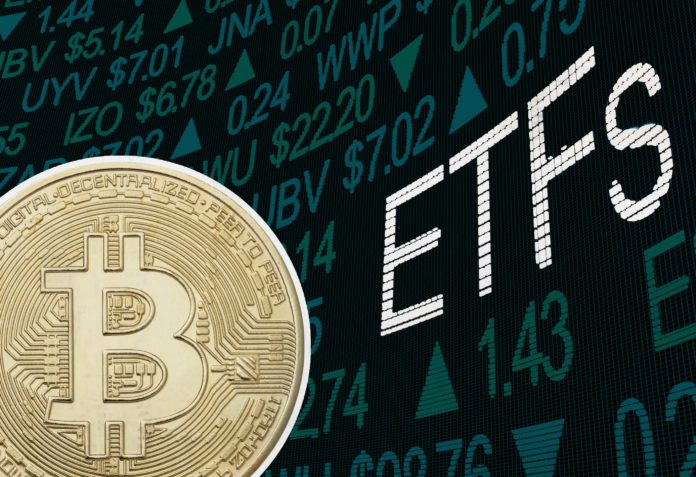Exchange-traded funds, or ETFs, have grown in popularity in recent years as investors have looked to them as a way to diversify their portfolios. But do ETFs have an expiration date? And if so, what happens when they do? In this article, we will look at what happens to ETFs when they expire and whether or not investors need to worry about it. If you are interested in investing in ETFs, you can check here for the funds available for purchase.
What are ETFs, and why do they have an expiration date?
ETFs are investment vehicles that trade on stock exchanges and track a basket of underlying assets. They can be used to invest in various asset classes, including stocks, bonds, commodities, and currencies. ETFs are popular because they offer the potential for diversification and lower costs than traditional mutual funds.
ETFs have an expiration date when they are structured as Exchange-Traded Notes (ETNs). ETNs are debt instruments issued by banks and backed by the issuer’s credit. Like other debt instruments, ETNs have a maturity date on which the issuer must repay the principal. However, ETNs do not make periodic interest payments, unlike other debt instruments. Instead, investors are paid a return based on the performance of the underlying assets.
What happens when an ETF expires?
When an ETF in the form of an ETN expires, the issuer must redeem the ETN for its cash value. The cash value is equal to the principal amount plus any accrued interest. The investor will receive a positive return if the underlying assets have increased in value. The investor will receive a negative return if the underlying assets have decreased in value.
What happens to investors when an ETN expires?
Investors who own ETNs that expire will not lose their entire investment. However, they may experience some capital loss if the underlying assets have decreased in value. Additionally, expired ETNs are no longer traded on stock exchanges and cannot be bought or sold. Investors who want to continue investing in the underlying assets will need to find another ETN that tracks those assets.
Should investors be concerned about ETN expiration?
Not generally.
ETN expiration is a relatively new phenomenon, and there is not a lot of data to go on. However, based on what we know, investors should not be too concerned about ETN expiration. While there is some risk of capital loss, it seems pretty limited. Additionally, investors holding an ETN when it expires can sell it and reinvest in another ETN that tracks the same underlying assets.
Are all ETFs subject to the same expiration rules, or are there exceptions?
All ETFs are subject to the same expiration rules. However, there are a few exceptions. Some ETFs do not track an underlying index or basket of assets. These ETFs are not exchange-traded notes and therefore do not have an expiration date. Additionally, some ETFs may be structured as grantor trusts, not subject to the exact maturity requirements as ETNs. Grantor trusts can continue to exist even if the underlying assets decline.
Can investors still trade expired ETNs, or do they need to be replaced with new ones immediately?
Investors can still trade expired ETNs, but they will not be able to buy or sell them on stock exchanges. Instead, they will need to find another ETN that tracks the same underlying assets.
Conclusion
ETFs have an expiration date when they are structured as exchange-traded notes (ETNs). When one expires, the issuer must redeem the ETN for its cash value. The cash value is equal to the principal amount plus any accrued interest. The investor will receive a positive return if the underlying assets have increased in value. The investor will receive a negative return if the underlying assets have decreased in value. Expired ETNs are no longer traded on stock exchanges and cannot be bought or sold.
Investors who want to continue investing in the underlying assets will need to find another ETN or ETF that tracks those assets. Most of the time, this will not have a substantial impact on the portfolio. However, investors should be aware of the risks associated with ETN expiration and monitor their portfolios closely.


